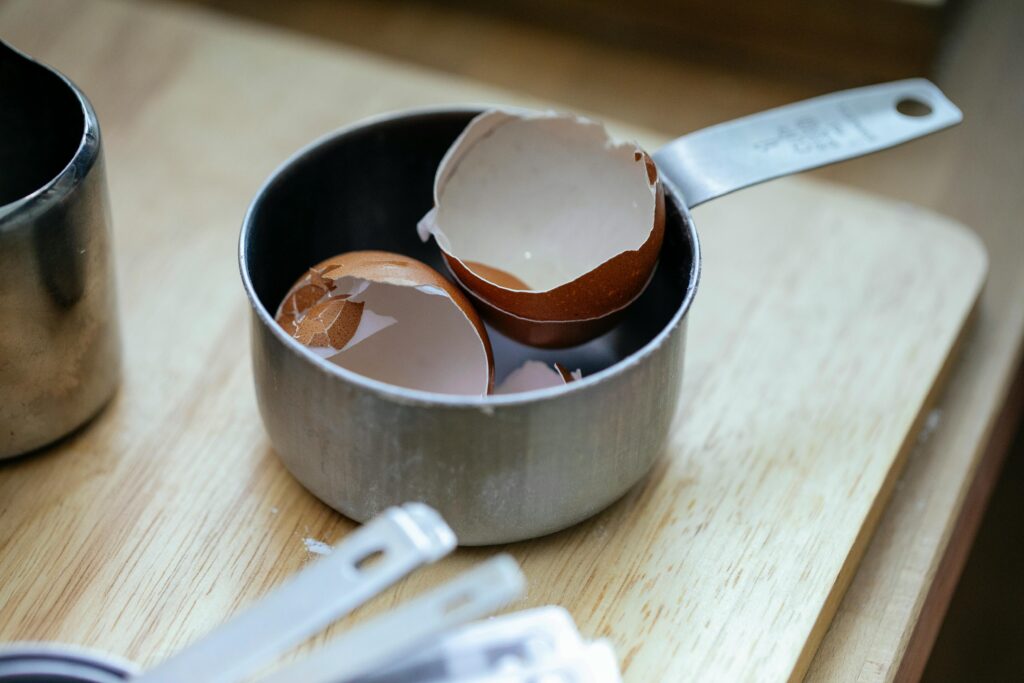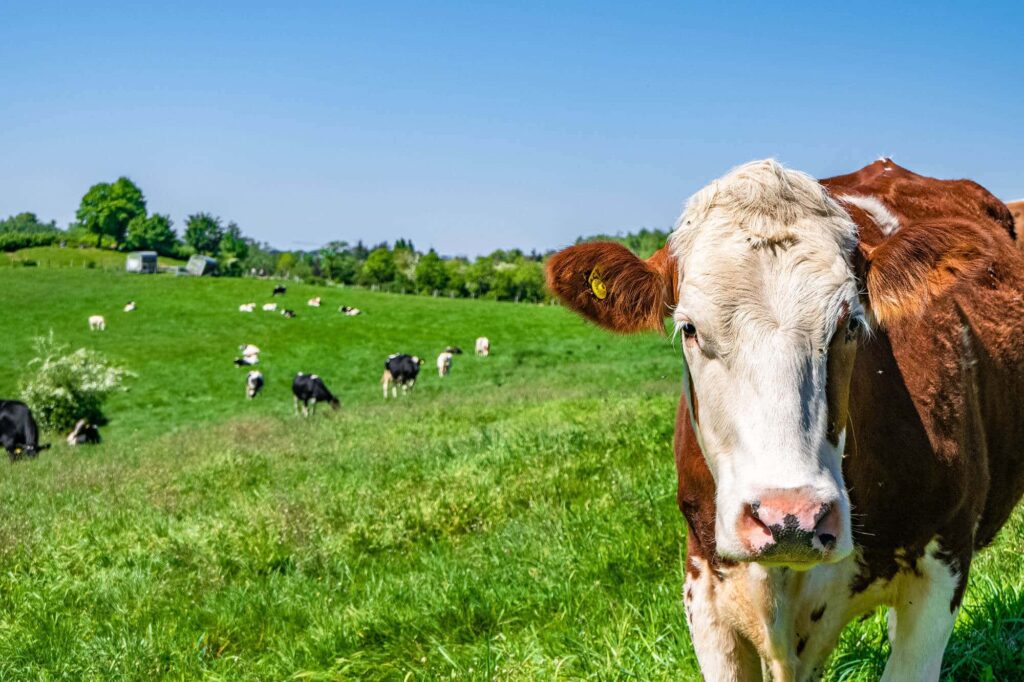Powering the Zero-Waste Revolution
Anaerobic Digestion Solutions

Anaerobic digestion gives businesses the capability to create value from organic waste
In today’s world, the massive scale of consumption underscores the urgent need for sustainable systems to manage food production, consumption, and waste. This is where anaerobic digestion and biogas projects become essential components of the circular economy.
At Ecoco, we specialize in providing tailored solutions for your waste management needs. Our range of Bio Digesting Compost Machines transforms organic waste into valuable by-products, such as compost fertilizer. By incorporating our compost machines into your workflow, you not only enhance your organization’s sustainability efforts but make material cost savings and contribute to global initiatives aimed at mitigating climate change.
What sets Ecoco apart is our extensive industry experience. We understand that selecting the right machine is crucial for maximizing efficiency and impact. Our expert team is here to advise you on the best options for your specific needs.

Advantages of Anaerobic Digestion
- Renewable Energy Production
- Waste Reduction
- Pathogen Reduction
- Odor Control
- Nutrient-Rich Fertilizer
- Greenhouse Gas Reduction


